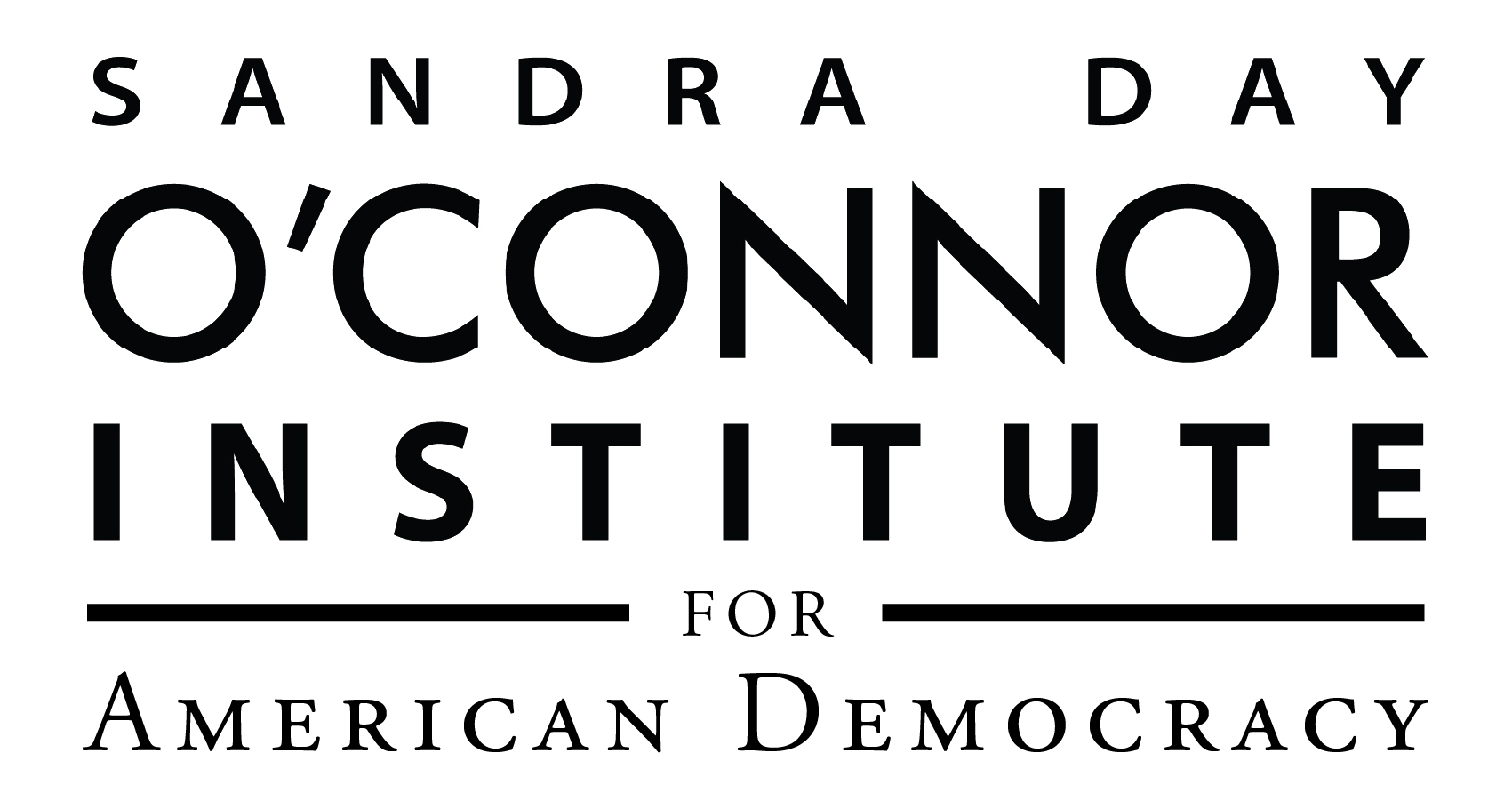Role of a Mayor
The role of a mayor in a city varies depending on the specific city and its governing structure, but in general, a mayor is the chief executive of a local government. Some of the responsibilities of a mayor include:
- Leading the City Council: Mayors often preside over city council meetings and play a key role in setting the agenda and making decisions on behalf of the city.
- Setting Policy: Mayors help to determine the priorities and policies of the city, and are often responsible for creating and implementing plans to address key issues, such as economic development, public safety, and infrastructure improvements.
- Representing the City: Mayors are often seen as the public face of the city and are responsible for representing the city in regional and state-level discussions and negotiations.
- Managing the City Budget: Mayors are often responsible for overseeing the city’s budget, making sure that the city’s financial resources are allocated effectively and efficiently.
- Providing Community Leadership: Mayors play a key role in bringing people together and building a sense of community in their city. They often lead community initiatives and events, such as parades and festivals, and work to address the concerns of residents.
- Maintaining Public Safety: Mayors are responsible for ensuring the safety and well-being of residents in their city. They work closely with local police departments and other safety organizations to reduce crime and respond to emergencies.
- Promoting Economic Development: Mayors are critical in promoting economic development in their city. They work to attract businesses, create jobs, and boost the local economy through initiatives like tax incentives and infrastructure improvements.
The specific duties of a mayor can vary depending on the city’s charter and the mayor’s own priorities, but these are some of the most common responsibilities of a mayor in a city.

